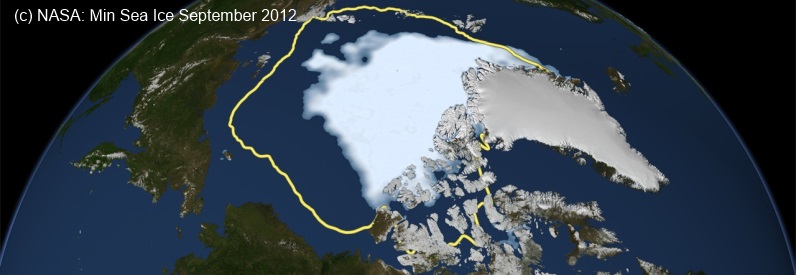Menu
Oceans regulate the climate of Earth in many different ways. Locations under the influences of oceans, such as western Europe, often have more equable climates (mild winters and relatively cool summers) than those further away from oceans. Most of the mid-latitude cyclonic storms that irrigate (and sometimes flood) western Europe form over the Atlantic Ocean. Oceans also transport large amounts of heat from the tropics to mid-latitudes; without these transports, mean temperatures at our latitudes would be 5-10 degrees Celsius lower. Oceans are also very important regulators of atmospheric gases – for example, about half of the carbon dioxide emitted into the atmosphere through human activities since the beginning of the industrial revolution has been absorbed by the oceans.
Oceans have a fascinating range of phenomena: from surface waves varying in a few seconds and metres, to eddies 50 km wide living for months, to the deep currents spanning thousands of kilometres. Oceans offer many opportunities to explore exciting fluid dynamics, in interactions with ice, biology, and atmosphere. For all these reasons and many others, many people within the Department of Meteorology study the oceans: understanding and predicting the weather and climate we live in requires taking oceans into account. Many approaches are used: numerical modelling, theoretical developments, interpretations of observations, data assimilations, and others.
| Research | Education |
| People | Tools/Products |



